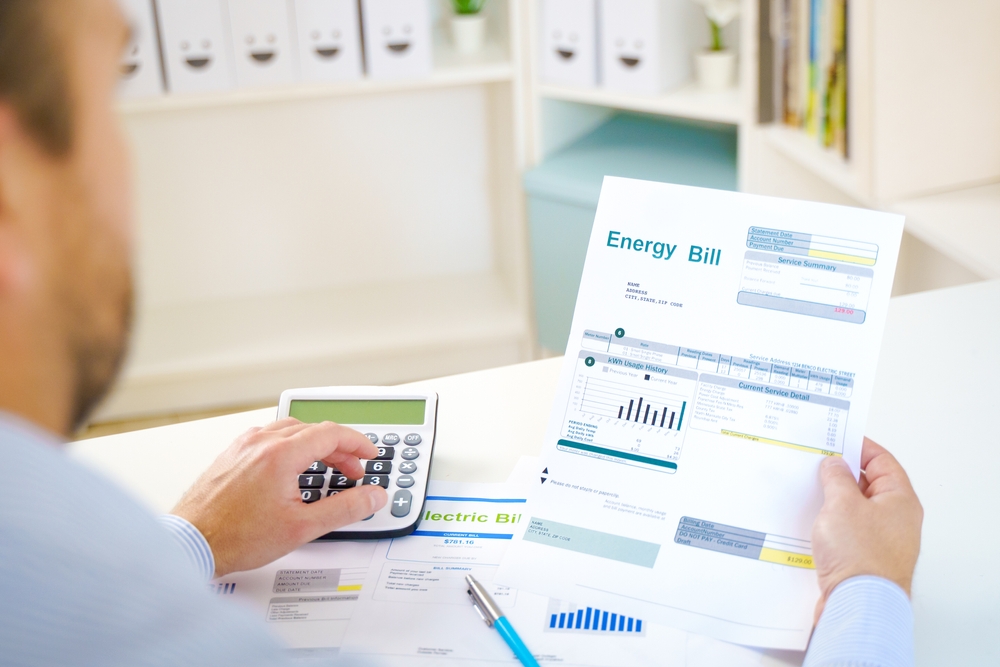
Australian households already buffeted by the rising cost-of-living, will soon be hit with electricity price hikes of up to 18 per cent. From July 1, the benchmark price for electricity will rise across most Australian states adding hundreds of dollars a year to energy bills.
The decision to increase benchmark electricity prices was made by the Australian Energy Regulator. These price increases relate to the so-called Default Market Offer or DMO, which is the maximum price electricity retailers can charge households and small businesses.
The war in the Ukraine, severe weather events in NSW and Queensland and global market instability are the main reasons why benchmark pricing is set to rise, according to the regulator.
For some families the increase in benchmark pricing will amount to more than $250, putting the average residential electricity bill up to $1,434, according to the Australian Competition and Consumer Commission.
On this blog:
What is a benchmark electricity price?
The benchmark electricity price is the maximum price electricity retailers are allowed to charge customers in each state of Australia.
The technical term for the benchmark electricity price is the ‘Default Market Offer’ or DMO and it is set by the Australian Energy Regulator and Victoria’s Essential Services Commission.
By shopping around for better deals, households and businesses will be able to find electricity deals that are lower than the default market offer.
Only around 10 per cent of Australian households are on the default market offer; the rest are on competitive electricity contracts that are less expensive.
What is the benchmark electricity price increase in my state?
Here are the increases in the benchmark electricity prices in NSW, Queensland, Victoria, South Australia, and Western Australia from July 1, 2022.
For households
For small businesses
Are state governments providing electricity rebates?
In response to benchmark price increases, residents in NSW, Queensland, South Australia, Victoria, and Western Australia will soon be able to receive support from their state government with rebates on their electricity bills.
Here are the rebates that are announced for each state:
Electricity rebates by state, from July 1 2022
| Eligibility criteria apply? | Rebate value | |
| NSW | Yes, for those having trouble paying their electricity bills. Check eligibility. | Up to $1,600 (up to $400 per application for electricity and up to $400 per application for gas bills twice a year) |
| Queensland | Available to all Queensland households | $175 rebate on their next power bill |
| Victoria | Available to all Victorian households but you need to register for the rebate on the Government’s Energy Compare website. | $250 one-off payment |
| South Australia | Yes, for those having trouble paying their electricity bills. | Up to $233.60 in support payments. |
| Western Australia | Available to more than 1 million West Australians. | $400 credit on their power bill |
Why solar panels are the best protection from skyrocketing electricity prices
The best way to reduce your exposure to electricity price inflation is to install solar panels on your home. From day one, you benefit from lower electricity bills plus and gain protection from rising electricity prices.
According to industry experts, these benchmark electricity price increases are ‘just the start’. Smaller electricity retailers who are more exposed to volatility in the wholesale electricity market are predicted to go bust. This will reduce competition in the market resulting in electricity retail prices rising as high as 50 per cent according to Bruce Mountain, head of the Victorian Energy Policy Centre.
What’s clear is that the economic rationale for going solar is stronger than ever. And with solar panel prices becoming ever more affordable, the upfront cost is probably less than you think.
Plus, if you are interested in becoming almost entirely energy self-sufficient, investing in battery storage is the way to go. Home battery storage is taking off as prices reduce and state governments provide more battery rebates. For any household with an eye to the ‘all-electric home’ and electric vehicles, solar plus battery storage is way to make it happen!
Get in touch
If you want to ‘go solar’ and beat the electricity price hikes, get in touch.
As one of Australia’s largest solar companies, we have the skills and expertise to ensure you get the best solar system for your home.
SolarRun is a Clean Energy Council Accredited Solar Retailer and Installer with offices across Australia. Because of our scale, our prices are amongst the most competitive on the market. What’s more, we back up every solar installation with warranties that meet and exceed industry standards.
Take control of your home energy costs. Talk to us today!
We are available! Have a question? Text us here.
 Text Us
Text Us
you are really a good webmaster. The web site loading speed is incredible. It seems that you’re doing any unique trick. Moreover, The contents are masterpiece. you’ve done a wonderful job on this topic!
You have brought up a very fantastic points, appreciate it for the post.
Hello! I know this is somewhat off topic but I was wondering which blog platform are you using for this site? I’m getting fed up of WordPress because I’ve had issues with hackers and I’m looking at alternatives for another platform. I would be fantastic if you could point me in the direction of a good platform.